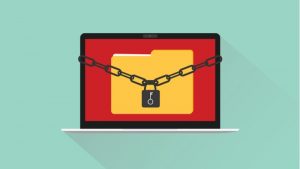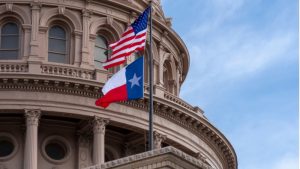The National Association of State Chief Information Officers (NASCIO) released a new primer to advance its business relationship management initiative. The Business Relationship Management and the New CIO Operating Model primer addresses how to develop mature vendor relationship management capabilities in state government.
California Governor Gavin Newsom signed legislation July 20 to help bridge the digital divide in the state by investing $6 billion in expanding broadband infrastructure and services for unserved and underserved communities.
The U.S. Department of Housing and Urban Development earlier this month appointed Beth Niblock as the agency’s new CIO, succeeding David Chow, who left the agency in January.
The state of Maryland will award $29,472,131 in grant funding to expand broadband internet access for over 12,000 households in 18 counties, Gov. Larry Hogan announced.
A new report from Sophos found that ransomware attacks against the education sector hit an all-time high in 2020.
Texas’ Fort Worth Independent School District (ISD) is seeking feedback from parents, students, and educators to help design the district’s Technology Plan.
The City of Houston announced the launch of its new 311 platform that will enable citizens to more easily access city information and report non-emergency issues.
The House of Representatives on July 20 voted to approve the State and Local Cybersecurity Improvement Act as part of a slate of cyber bills that passed under suspension of normal rules. The bill would create a $500 million-per-year grant program run by the Department of Homeland Security to help state and local governments improve their cybersecurity.
New bicameral legislation was introduced July 22 by various members of the House and Senate that would provide $40 billion over five years to extend the Federal Communications Commission’s (FCC) Emergency Connectivity Fund that was created under the American Rescue Plan Act of 2021.
With the increased adoption of cloud services by governments and organizations of all sizes, there’s a new kid on the block for the state and local government market that is looking for consistent approaches on cybersecurity standards from cloud providers that they want to do business with.












